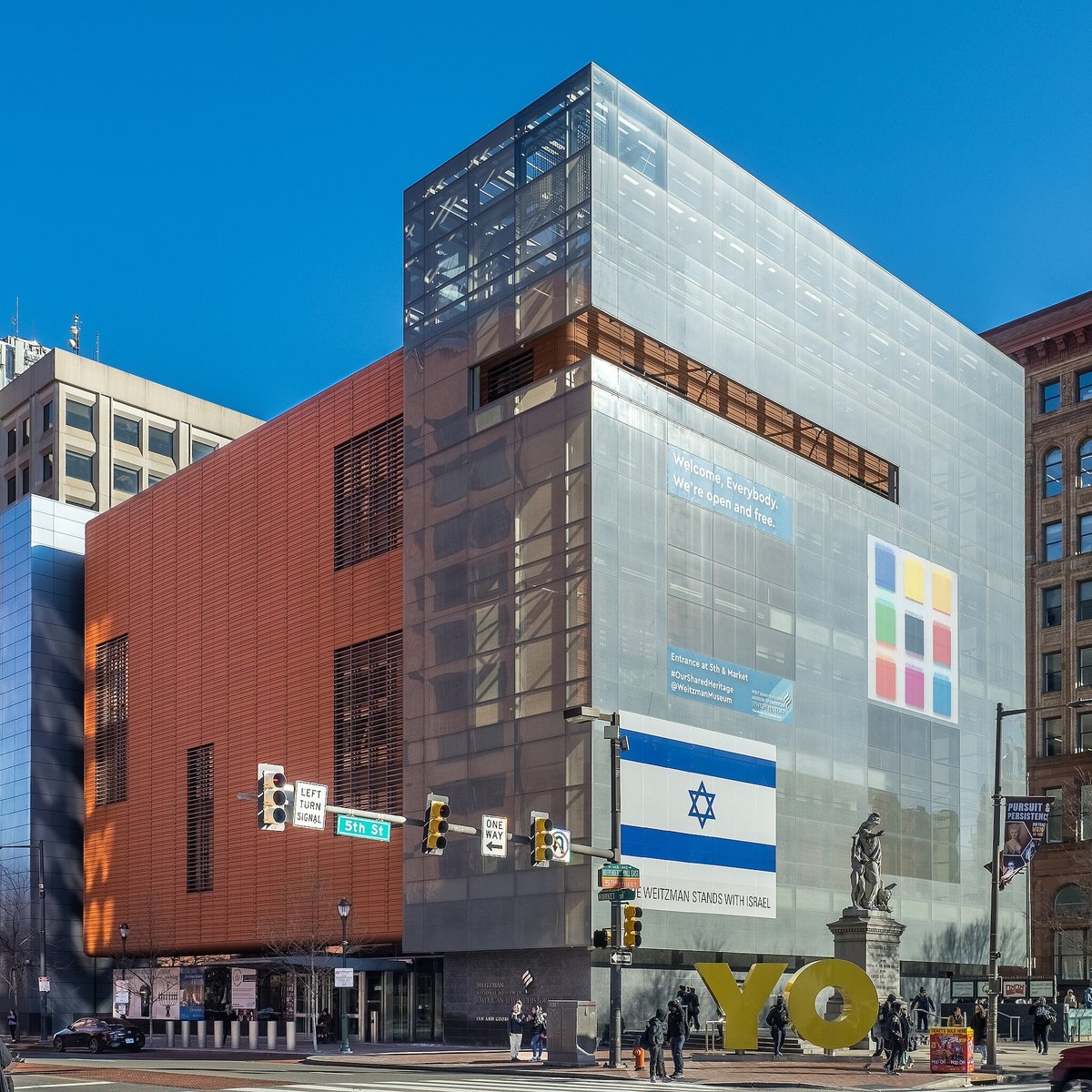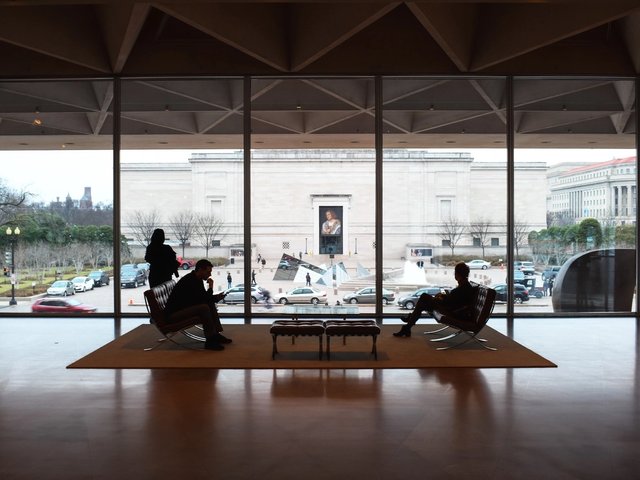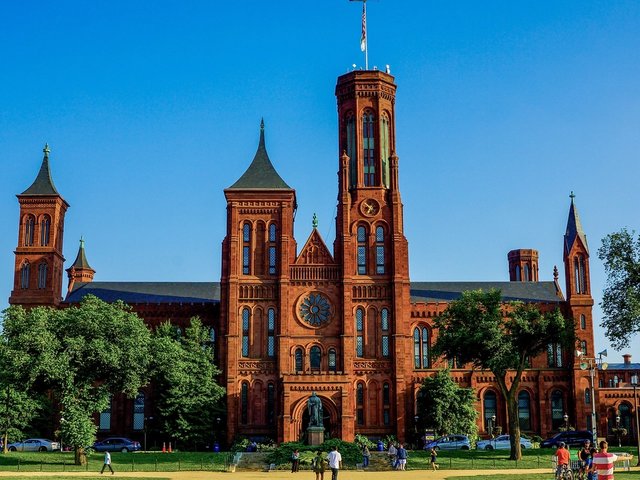Four years after a brush with bankruptcy, the Weitzman National Museum of American Jewish History in Philadelphia may become part of the Smithsonian Institution.
While the Weitzman already has an affiliation with the Smithsonian, becoming one of the nearly 20 museums under the Washington, DC-based organisation's umbrella would make it eligible for federal appropriations, and bring heightened visibility and prestige. On 20 March, a bipartisan group of lawmakers in both chambers of the US Congress introduced legislation to review the Weitzman’s potential as a Smithsonian outpost. The bill would create a commission of nine people to study the move’s feasibility, reporting to congress on their findings within two years of the commission’s launch.
“Educating all Americans, from all over the country, about these amazing Jewish impacts on our nation’s history, not only raises awareness but helps dispel harmful prejudices about our community,” representative Debbie Wasserman Schultz, a Democrat who represents an area north of Miami, said in a press release.
Other sponsors of the bill include senators Bob Casey and John Fetterman and representative Brendan Doyle, all Democrats from Pennsylvania; representative Mike Turner, an Ohio Republican; senator Mike Crapo, an Idaho Republican; senator Susan Collins, a Maine Republican, and senator Jacky Rosen, a Democrat from Nevada.
At the onset of the Covid-19 pandemic in 2020, the museum filed for bankruptcy protection to offset a $30m construction debt. It was bailed out in 2021 by a donation from footwear magnate Stuart Weitzman. The Weitzman, which, like Smithsonian museums, offers free admission, is now financially stable.
The museum's chief executive, Misha Galperin, announced last November that he would be stepping down in 2024. In a statement, he said: "A Smithsonian museum representing the American Jewish experience would serve as a resounding public endorsement that Jews belong in and are embraced by this nation."
Museums operating under the Smithsonian trust’s umbrella use a combination of federal appropriations and fundraising to remain free and open to the public. While most reside in Washington, DC, some, like the Cooper Hewitt, Smithsonian Design Museum in New York, function beyond the National Mall.
A new generation of Smithsonian institutions at various stages of development are focused on chronicling the experiences and achievements of groups that have historically been underrepresented in the US, from the National Museum of the American Indian, which opened in 2004, to the National Museum of African American History and Culture that was inaugurated in 2016, to museums devoted to American Latinos and women. (Two other possible national institutions, devoted to Asian Americans and Pacific islanders and LGBTQ+ individuals, have been proposed but are not affiliated with the Smithsonian.)
The proposed legislation comes at an exceptionally fraught moment for American Jews, many of whom were deeply affected by Hamas's 7 October attack on Israel, in which around 1,200 people were killed and more than 200 were taken hostage. Israel's military response to that attack, which has killed more than 32,000 Palestinians in the Gaza strip according to local health officials and pushed the devastated enclave to the brink of famine, has been very divisive for Jews in the US, with some supporting Israel's attacks while others call for a ceasefire.






